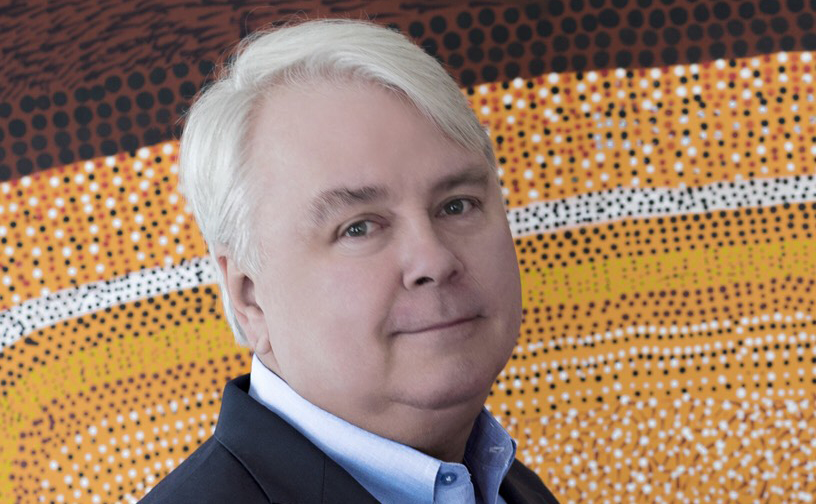Miami’s ArtCenter South Florida Launches $100,000 Micro-budget Movie Scheme
By Martin Dale
LOS ANGELES (Variety.com) – Shot on a $1.5 million budget and ranking as the lowest-budgeted film in Academy Awards’ history, 2017 best picture winner “Moonlight”, highlighted the talent associated to Miami’s burgeoning film community.
To capitalize on the surge in local filmmaking talent, ArtCenter/South Florida has launched a micro-budget Cinematic Arts residency, accepting entries until Sept. 18, that will provide up to $50,000 funding per project for two feature films by -based filmmakers.
The residency will roll-off on Miami’s unique mix of talent and ethnic communities, including a large number of filmmakers with Latin American roots. It will be run by local helmer Jason Fitzroy Jeffers, co-founder of the Third Horizon Film Festival, whose Haiti-set documentary “Papa Machete,” premiered at the 2015 Sundance Film Festival and has generated over one million views on NationalGeographic.com.
Projects will be selected by a jury headed by Andrew Hevia, “Moonlight” co-producer and co-founder of the Borscht Film Festival.
Jeffers and Hevia will mentor both projects, which will have at least a one-week run in local chain, O Cinema, run by Kareem Tabsch, who stated: “the program was collectively designed by Dennis Scholl, Andrew Hevia and myself. IIt’s a unique combo of filmmaker, arts organization and theatrical exhibitor coming together to design a program to strengthen the local filmmaking community.”
Hevia said that “Moonlight” was directly linked to Miami’s vibrant micro-budget film culture.
“Festivals, independent cinemas and filmmaking are expanding in Miami while the rest of the U.S. says that cinema is in crisis. It’s all about creating a local eco-system. These new films will give filmmakers direct community-based feedback.”
Hevia believed that there is an opportunity for new talent to emerge via the micro-budget route, as mainstream cinema faces a crossroads, with rising competition from Internet video, streaming services and TV series.
“It’s precisely in times of change that you should look for disruption and innovation. When the system breaks down interesting things happens – like the New Hollywood wave at the end of the studio system, or the indie scene that was ushered in by home video.”
He believes that micro-budget filmmaking can stimulate creativity since it requires finding innovative creative solutions. “Barry Jenkins took the skill-set he developed on his $15,000 ‘Medicine for Melancholy’ to make ‘Moonlight’”.
Hevia also cited the example of Amy Seimetz “Sun Don’t Shine” and the New York-based Safdie brothers, who cut their teeth on micro-budget features such as “The Pleasure of Being Robbed” and “Daddy Longlegs”.
Dennis Scholl, ArtCenter’s CEO, said that the new residency program is inspired by initiatives such as the farm-to-table movement and the ArtCenter’s ongoing visual arts residency schemes, that has operated since 1984 with over 1,000 alumni.
Scholl believes that there will be cross-pollination between the visual arts residencies and the feature film residencies, and also plans to organize master-classes and film screenings.
“Over the last decade, Miami has achieved significant success in terms of short films, but we realized that local filmmakers were finding it very difficult to make the leap to features. We have wonderful resources in Miami, including 19 film festivals, but we don’t yet have a functioning eco-system.”
Scholl added that after opening the scheme on Aug, 8, the reaction has already been tremendous, and that the scheme is open to all types of film.
“Miami has talented filmmakers working in every type of film. For example, people like Andrés and Diego Meza-Valdés who are making really interesting and high-quality horror films. Indie film is always a rich source of defining the cultural zeitgeist. That’s what we’re hoping will happen here.”

